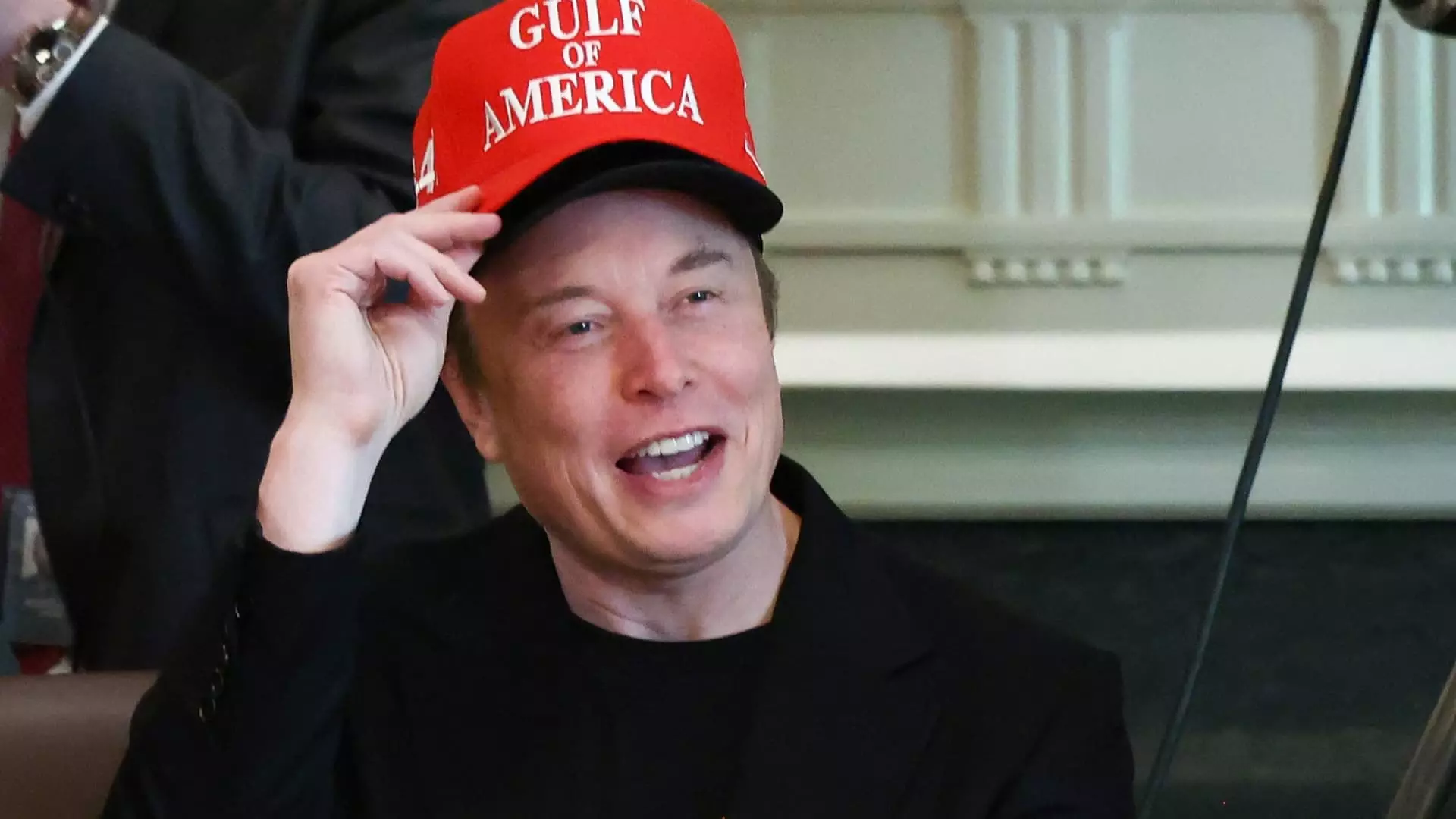Elon Musk’s brief tenure as the head of the Department of Government Efficiency (DOGE) under President Trump has been a whirlwind marked more by controversy than by tangible progress. While Musk’s initial intentions to reduce wasteful spending in the government seemed admirable, they have since been underscored by a chaotic approach that raises serious questions about competence and accountability. The crux of the issue lies not in the ambition itself but in the manner Musk applied his visionary ideas—a style that often comes across as reckless and unaccountable.
Special Employee Status: A Double-Edged Sword
As a special government employee, Musk enjoyed significant latitude—129 days to be exact—to exert his influence, yet this flexibility also opines on the dual nature of his role. On one hand, he’s seen as a relentless innovator; on the other, his casual dismissal of established norms appears to undermine the essential regulatory framework. It’s alarming that the richest individual on the planet had not only the privilege but also the power to reshape governmental priorities without being subjected to the rigorous scrutiny that typically accompanies public officials. This dynamic raises ethical questions about the conflicts of interest inherent in juxtaposing private ambition with public service.
The DOGE Initiative or Dogmatic Delusion?
Musk’s assertion that the DOGE initiative would provide a new paradigm for government efficiency is troubling. By treating government as a business venture, he risks overlooking the complexities of governance that transcend binary profit-loss calculations. What remains disconcerting is his penchant for adopting a quasi-entrepreneurial lens that oversimplifies inherently convoluted interactions within the governmental apparatus. Elected officials and bureaucrats operate within a well-established system; it’s not merely a startup that can pivot on a whim. The implications of such thinking could lead to far more severe ramifications than simply inefficient bureaucracy.
Legal Quandaries and Corporate Repercussions
As Musk’s tenure comes to a close, the legal complications are bubbling to the surface. Allegations of federal law violations during his DOGE leadership could lead to serious ramifications—not only for Musk personally but also for Tesla, where he continues to hold immense sway. The recent demand from pension fund leaders for Musk to dedicate a minimum of 40 hours a week to his CEO duties reveals the tension between dual roles that could jeopardize Tesla’s operational integrity. If Musk’s attention were to waver, what could that spell for the future of the electric vehicle industry and its budding competition?
Final Days: A Shift in Focus
With Musk signaling a retreat from government duties in favor of championing his business ventures, the question arises: How will this shift redefine both his legacy and the policies he enacted? While he may be stepping away, the repercussions of his ambitious government initiatives will likely haunt both the Trump administration’s legacy and Tesla’s operational strategy for years to come. Perhaps in a world where constant innovation is revered, the values of accountability, ethics, and responsibility should not come second to the bold aspirations of a single individual. Only time will tell how Musk’s chaotic intersection of commerce and governance will be viewed—both as a sociopolitical experiment and an economic gamble.

